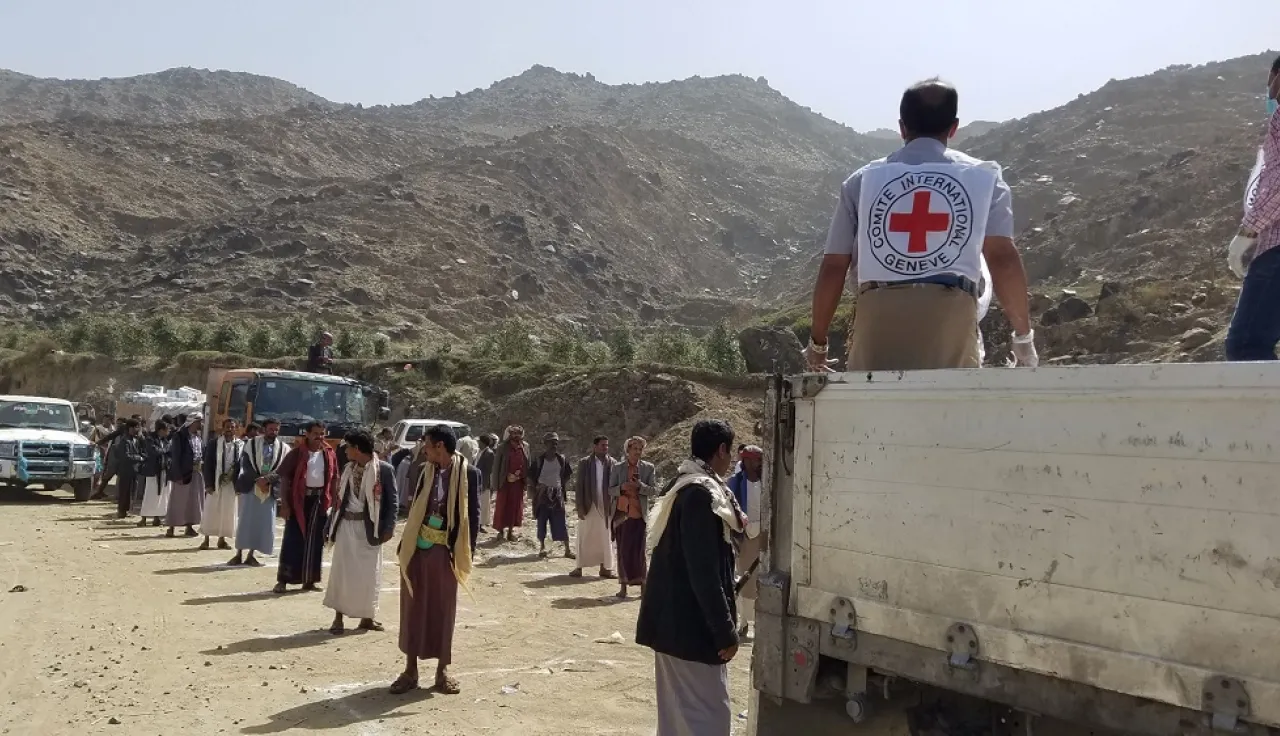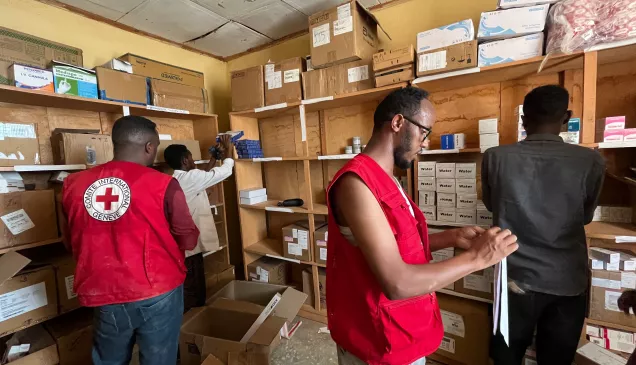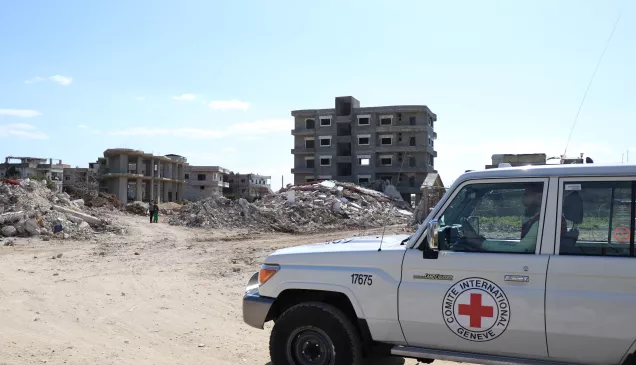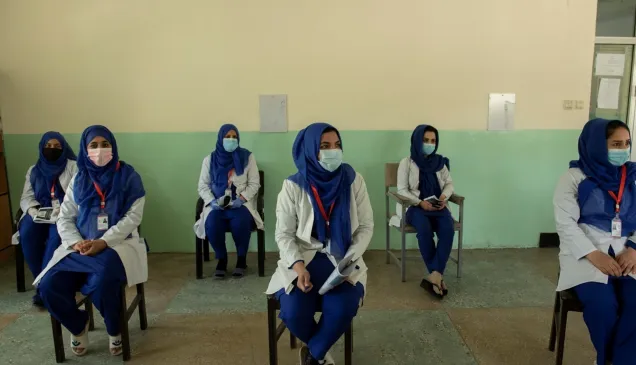Why migrants are particularly vulnerable during the pandemic

Many migrants find themselves with limited access, if any, to information about risks, prevention measures, health care and other essential services. Migrants in transit, those in need of international protection or without legal status are likely to be particularly vulnerable, as well as those who are homeless, held in detention, living in camps, formal or informal settlements or otherwise precarious conditions.
While numerous governments are developing innovative and solidarity-based solutions to ensure the inclusion of migrants, irrespective of legal status, in their responses and to abide by their international obligations even in such exceptional times, other countries on the contrary do not sufficiently include migrants in their response or adopt measures negatively impacting the enjoyment of their rights and their ability to meet their basic needs.
The ICRC recognizes the enormous challenges authorities are facing and the pressure under which public services are operating as they seek to respond to the COVID-19 pandemic. The ICRC, along with the IFRC and national societies, stands ready to assist the authorities in the implementation of the present recommendations and their adaptation to the specificities of the challenges governments are facing in developing their responses to the pandemic.



